Unlike most of her works, which focus on tribals and the rural dispossessed, the four stories in this collection are located in the urban and suburban underworld, and form an unusual segment of Mahasweta Devi’s oeuvre—‘Fisherman’ (about Jagat who recovers bodies of young boys from the village tank so that the police can pass them off a cases of drowning), ‘Knife’ (a tongue-in-cheek account of gang warfare in a suburban town of West Bengal, bordering Bangladesh), ‘Body’ (about a ‘young woman’, used by a politician and his cohorts until she makes her won protest against the exploitative Establishment), and ‘Killer’ (in which Sona alias Akhil, an unemployed middle-class youth, discovers himself after his first ‘test’ killing). The in-depth introductory essay by veteran cultural historian Sumanta Banerjee, who himself, from his crime reporting past, has a firsthand familiarity with the milieu being depicted puts the stories in context and goes on to discuss the development of the new criminal underworld in Bengal today. Mahasweta Devi is one of India’s foremost writers. Her powerful fiction has won her recognition in the form of the Sahitya Akademi (1979), Jnanpith (1996) and Ramon Magsaysay (1996) awards, and the title of Officier Del’Ordre Des Arts Et Des Lettres (2003) and the Nonino Prize (2005) amongst several other literary honours. She was also awarded the Padmasree in 1986, for her activist work among dispossessed tribal communities. Sumanta Banerjee is a cultural historian who specializes in research into popular culture, particularly of the colonial period. His publications include landmark works of cultural history; he also has several translations to his credit.
Memoirs of Roads: Calcutta from Colonial Urbanization to Global Modernization
In seventeenth-century ...
$38.70
$43.00

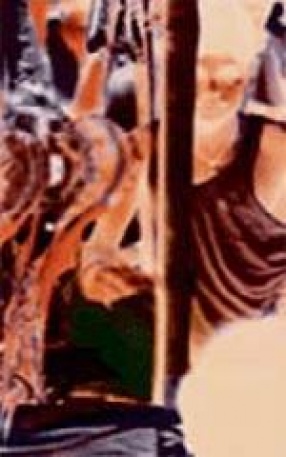
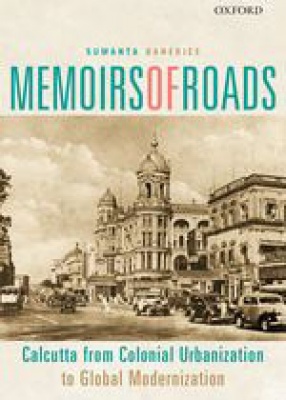
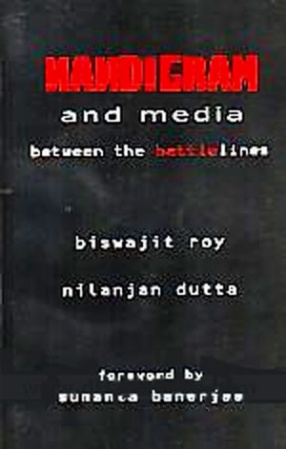
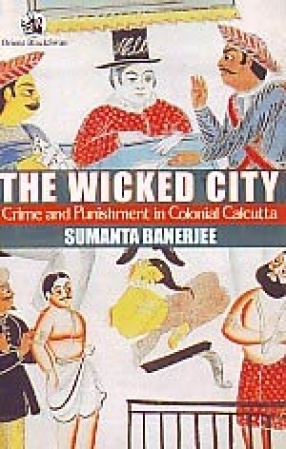
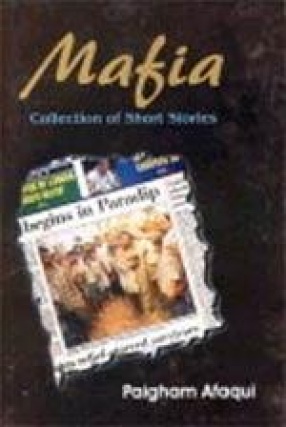
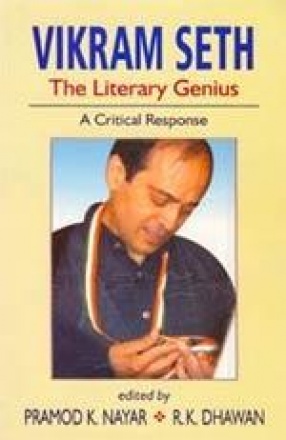
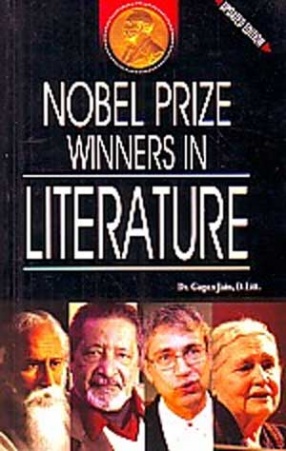
There are no reviews yet.